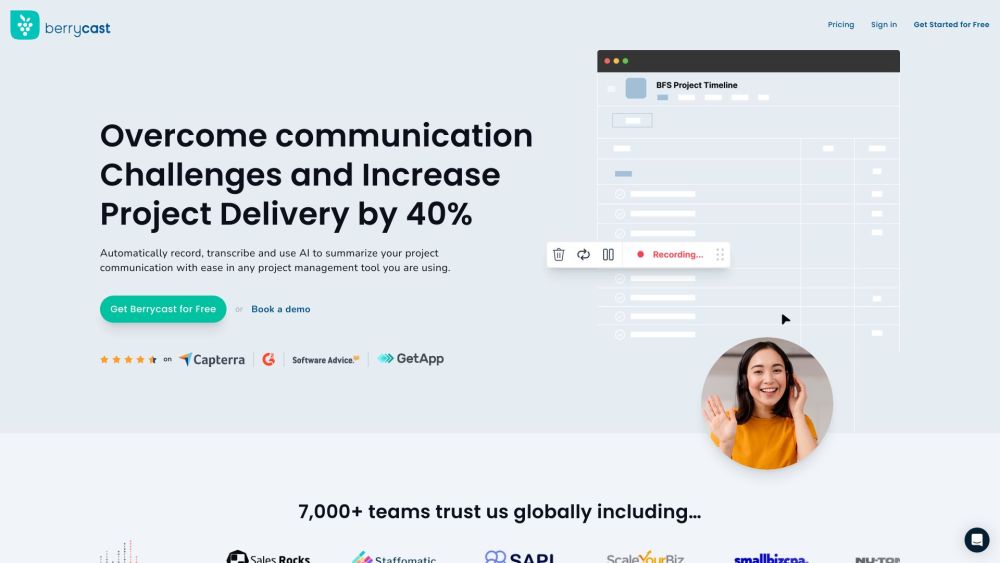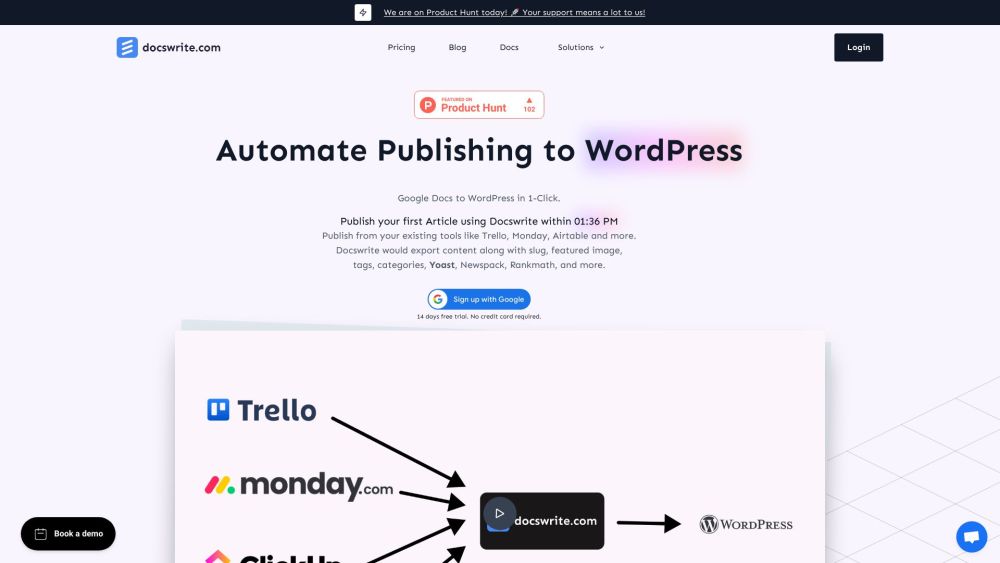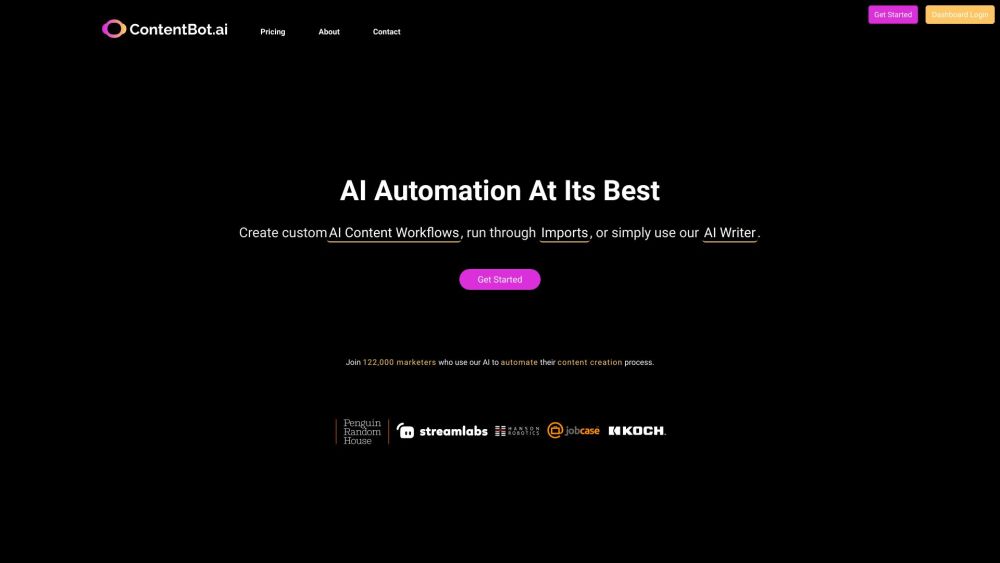Honeywell, a leader in automation technology for buildings and aircraft, aims to generate over $100 million in value through generative AI, as shared by Sheila Jordan, the company's Chief Digital Technology Officer, during a recent event in Atlanta focused on AI's impact on security.
Jordan highlighted that generative AI is already providing tens of millions of dollars in net value annually, with the potential to exceed $100 million soon. As Honeywell advances its 24 generative AI projects and explores new initiatives, Jordan expressed excitement about the incremental value these technologies will deliver: “It’s just the beginning.”
These insights are particularly noteworthy given that few Fortune 500 companies have publicly reported significant value creation from generative AI, especially in highly regulated sectors like banking and healthcare. While Jordan withheld specifics on the most profitable AI applications, she detailed that Honeywell’s generative initiatives span five key areas:
1. Microsoft 365: Integration of Copilot into its productivity suite.
2. GitHub: Utilization of code generation by 3,000 Honeywell engineers.
3. Large Language Models (LLMs): Leveraging OpenAI models on Azure to enhance contact center operations, including generating technical documents for agents and data extraction from legal contracts.
4. External Applications: Implementing generative AI features from third-party applications like Moveworks, which assists employees with inquiries such as PTO balances.
5. Honeywell Products & Services: Enhancing products like Honeywell Forge, which connects data across buildings to boost efficiency and security.
Jordan noted a strong internal demand for generative AI, reflecting a broader trend observed in other organizations. She emphasized the necessity of a comprehensive strategy for implementing generative AI, prioritizing value generation while ensuring governance and data privacy. To facilitate this, Honeywell established a Generative AI Council encompassing various departments, overseeing 24 active projects and tracking their performance. Monthly discussions with the CEO ensure generative AI remains a key focus.
Addressing job implications, Jordan stated that generative AI is expected to automate tedious tasks, thus allowing teams to concentrate on critical thinking and decision-making. She advocates for decentralizing authority, enabling data-driven decisions across the workforce.
Furthermore, Jordan stressed the importance of centralizing technology architecture and data decision-making to enhance compliance and mitigate risks, including the dangers posed by deepfake technology. These concerns about security were echoed by other industry leaders at the event.
Overall, Jordan's insights underline best practices for the implementation of generative AI, emphasizing a structured approach that prioritizes value creation alongside effective governance and organizational change management.
For those interested in gaining further insights, consider attending our next AI Impact Tour on May 8 in the San Francisco Bay Area, which will explore real-world applications of generative AI in large companies.




